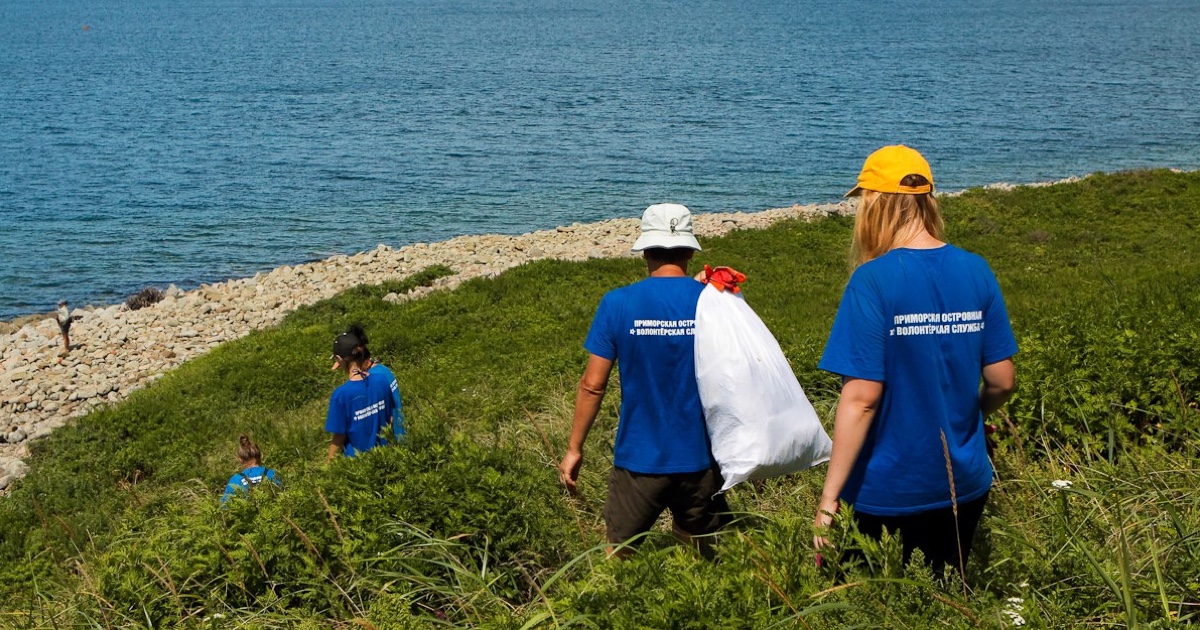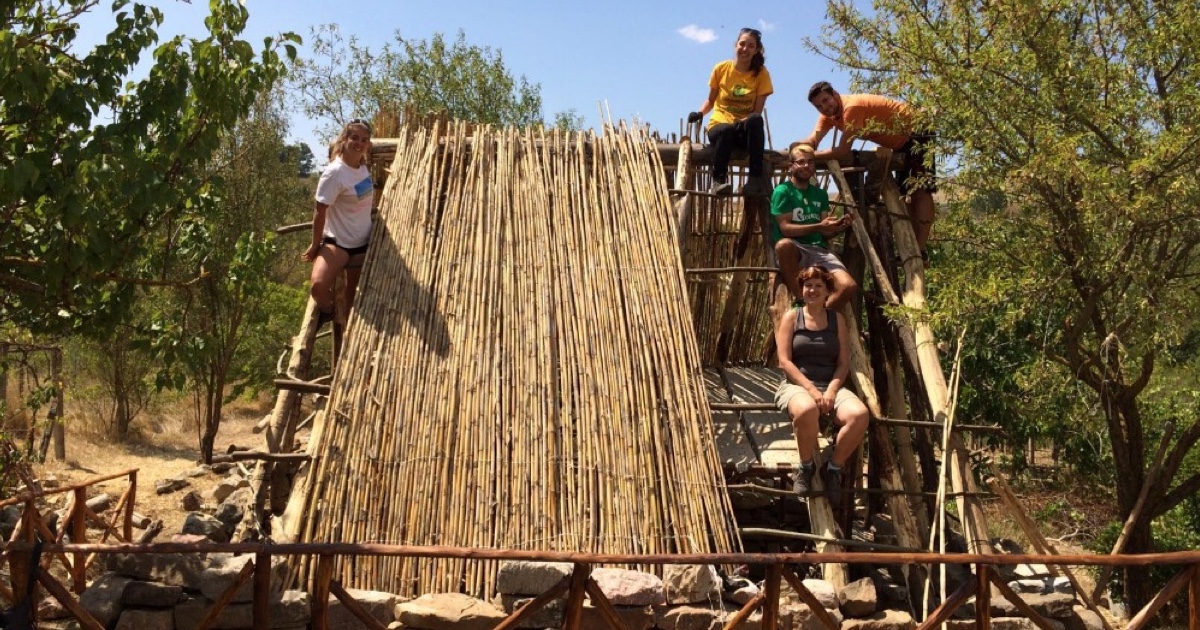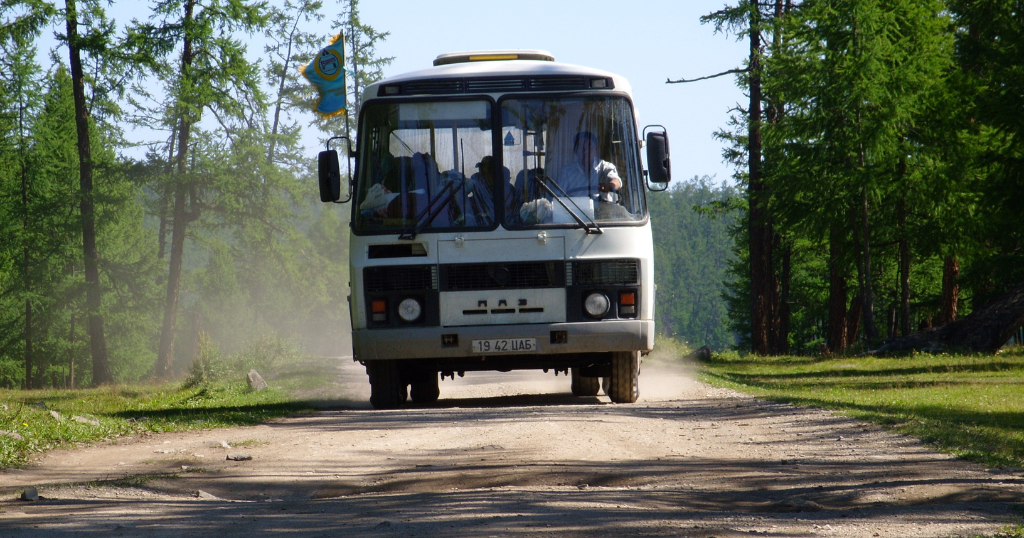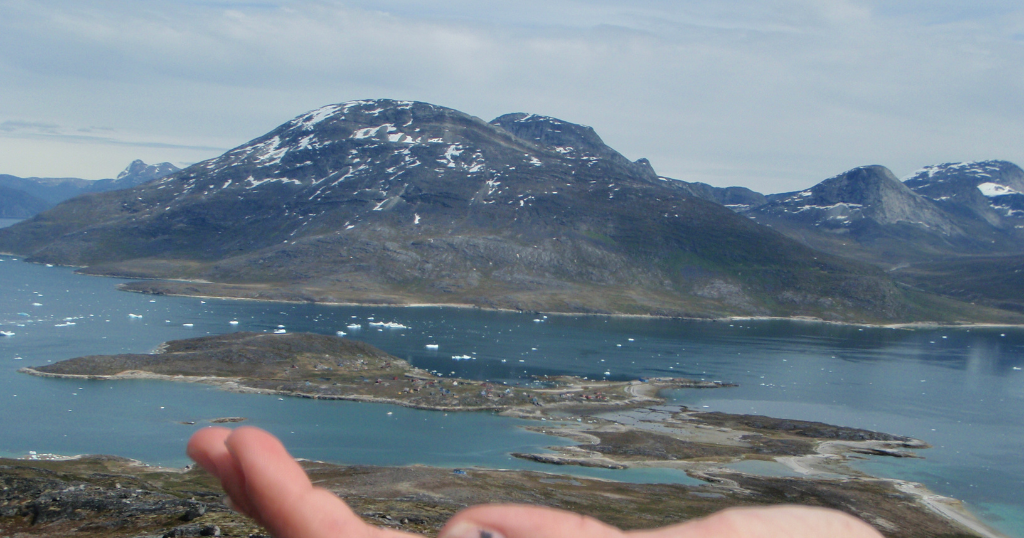Sustainable travelling
WHAT IS SUSTAINABLE TRAVELLING?
Sustainable travelling, as we understand it at INEX, means being aware of the impact of tourism on the environment and local communities, and using best practices to reduce negative effects. Planet Earth has limited resources and mass tourism threatens its existence.
Sustainable travel is therefore a way of protecting nature, animals and local communities, rather than damaging and exploiting them. Source
Read more about sustainable travel here.
The United Nations World Tourism Organisation (UNWTO) Global Code of Ethics for Tourism sets out the basic objectives for sustainable tourism.
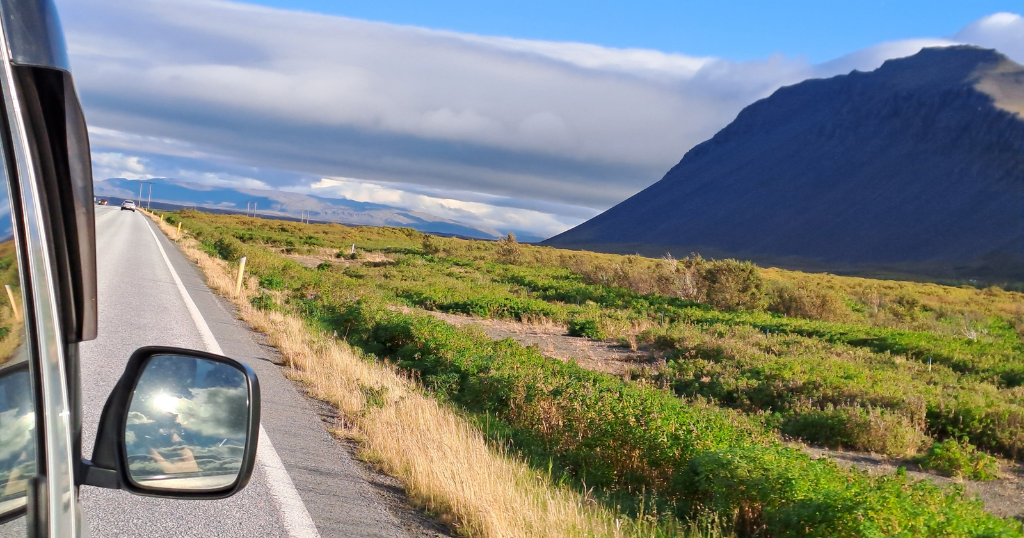
NEGATIVE IMPACTS OF TOURISM
Tourism can have a negative impact on the environment in two main ways: through the development of an area or through the behaviour of tourists. Examples include:
Development of the area
- Disturbance and destruction of the landscape by hotels, car parks or deforestation,
- Gradual disruption of the way of life of tribes who still live an authentic way of life as their ancestors did,
- the displacement of residents from prestigious, mainly historic, parts of towns and city centres in favour of renting to tourists, e.g. through Airbnb (regulated e.g. in Berlin, but many places still suffer),
- displacement of local authentic shops (for residents) to the detriment of souvenir shops, etc. that cater directly to tourists for more profit.
Tourist behaviour
- Excessive use of air travel: for short distances or frequent weekend trips (go once a year for a month instead of every month for a weekend)
- Destruction of nature through littering and thoughtlessness,
- involuntary migration of wildlife due to increased noise levels (if you’re interested in this issue and want to learn more, we recommend watching the documentary Sonic sea).
- Exploitation and abuse of animals
- Threatening the natural habitat of wild animals
- Waste of scarce local resources – due to tourists’ negligence and ignorance of the situation in the destination (increased consumption of energy, water, etc.).
- Pollution of the oceans as a result of the negligence of tourists who do not care about ecology and litter everywhere. Source
Wasting food
Although this is a household problem, you can’t avoid it when travelling either. How many times have you stayed somewhere through Airbnb, in a hostel or elsewhere, bought too much food that you couldn’t eat and ended up throwing it away?
One third of all food produced in the world is wasted or spoiled. In Europe, between 96 and 115 kg of food is wasted per person per year.
These are shocking figures. What can you do about it? Buy only what you eat! If, however, at the end of your trip or when you move to a new place, you have leftover food that you don’t want to take with you, don’t throw it away!
Hostels have “free bins” where you can put any food you have not eaten and leave it for others to eat.
At the same time, there are a number of applications that work all over the world, such as Too good to go, which allows you to buy food from restaurants, cafes, bakeries or supermarkets at discounted prices. Food that would otherwise go to waste. So it’s a win-win situation. The shops reduce their waste and you eat well for less money. Another app is called Olio, which connects neighbours who have a lot of food to share.
There are more similar apps, have a look here. Don’t be afraid to search the internet to find what you need. Sources
Carbon footprint
A major issue in sustainable tourism is the carbon footprint of growing travel. A recent study found that global travel is responsible for 8% of greenhouse gas emissions. Overtourism – where too many visitors put a strain on infrastructure, resources and local communities – has become a buzzword in the past year, but it is a real problem.
Today’s climate crisis is the result of a change in the chemical composition of the atmosphere caused by humanity’s dependence on the burning of fossil fuels: oil, coal and gas. So you must act now. Source
We recommend you take a look at:
Finding out how big your carbon footprint is is no longer impossible.
Calculate how many planets would be needed if everyone in the world lived like you do. You can find the carbon footprint calculator at Footprintcalculator. See how you compare to the averages of the Czech Republic and the world and share your result.
We recommend you to watch the documentary by the famous traveller David Attenborough “A life on our planet”, which shows the direct impact of climate change on our planet.
Plastic pollution
Up to 40% of all plastics are used once and then thrown away. These plastics are rarely recycled. The biggest problem is with single-use plastics, such as bottles, straws, packaging and shopping bags. Their average use time is a shocking 12 minutes.
So remember to go green when you travel and bring a reusable water bottle, cutlery, cloth bag, shopping bag, etc. Not only will you be saving the planet, you’ll be saving your wallet too. Source
Want to know more about the plastic problem? We suggest you watch these two documentaries: Plastic ocean and The story of plastic .
VOLUNTEERING AND SUSTAINABLE TRAVEL
What do you mean by volunteering? The word volunteering can be divided into two parts. Good – a person does something for the good of another and for their own good. Volunteering – a person volunteers of their own free will.
It could be helping the elderly, repairing castles or teaching children in a foreign country.
Volunteering is anything for which you do not expect any financial or other reward. This means that you do the activity completely selflessly.
If you are interested in sustainable travel and volunteering on an international scale, you should definitely check out workcamps.
For more information about volunteering abroad through workcamps, visit the INEX website or listen to DOBRO.CAST.
Why go on a volunteer project called “workcamp”
If you decide to travel sustainably, we’ve got a few tips for you on what to look out for.
Preparing for your trip
One of the most important things you can do is prepare before you go. This starts with choosing your destination, how you’ll get there, where you’ll stay, what entertainment you’ll choose, etc. All these things can have different impacts on the environment. Find out as much as you can about the place, the accommodation, the food, the local economic conditions, and prepare the things you take with you accordingly. Make sure your trip has as little impact as possible.
Tips for your sustainable journey can be found in these two articles:
Don’t support animal cruelty
An important part of sustainable travel is being aware of the impact of your actions, e.g. popular elephant rides, ostrich rides, visits to dolphinariums and many other examples of animals being degraded, abused and mistreated for entertainment.
Dolphins are very intelligent creatures who need their space. They are not meant to live their entire lives in small tanks jumping through hoops. They don’t just suffer physically in confined spaces, but also psychologically.
It’s very similar with elephants. They are often abused and drugged to keep them as tame as possible so they can carry tourists. Other animals can be similarly controversial, so it is not advisable to visit breeding stations, ride animals or support the sale of exotic animals.
Animal shelters and rescues may be an exception. Here, animals are not used for the entertainment and amusement of tourists, but are rescued from such situations. However, it is important to check the reputation of the place and whether it is another tourist scam. Source
If you want to learn more about this topic, you can watch the short documentary Doplhins in Indonesia.
If you only have time to watch one documentary, we recommend The Last Tourist, which does a really good job of showing, describing and explaining the problems and impacts of tourism.
WHAT CAN YOU DO ABOUT IT AS AN INDIVIDUAL?
Reject the waste you don’t need before it’s created.
First of all, it’s important to reject waste before you create or accept it. The aim is to avoid single-use packaging and items that you will never use again. An example is buying without packaging or in your own packaging
Reduce what you don’t need and can’t refuse.
In our daily lives, we use many things that we cannot live without. It is important to realise this and not waste them. Most of them are food. Shop wisely and efficiently. Don’t be tempted by special offers, buy quality.
Reuse (or recycle) what you consume and cannot refuse or reduce.
Maximise the use of things you already have to save the energy needed to recycle them. Borrow, lend, donate what you don’t need, buy second-hand and give your discarded items a second chance at bazaars, second-hand shops or online groups such as Swap or Zero Waste Carousel.
Compost (rot) what you can
Organic waste is one of the biggest components of what we throw away. In many towns and cities, we can already find communal brown bins designed specifically for this type of waste. The first thing to think about is why we create waste.
In most cases it is because we buy too much food that does not have a long shelf life. It can also be that we do not use the whole fruit for aesthetic reasons. Can you reduce your organic waste? If so, try.
However, if you still produce waste, it is a good idea to find out if there is a municipal bio-waste facility nearby, or ask the locals.
Recycle what you can’t reject, reduce or recover.
Recycling is certainly advisable, but it should be the last option. Since the recycling process isn’t perfect, you should *recycle* what you can’t reject, reduce or recover.
Be sure to find out how recycling works in your country before you travel or as soon as you arrive. It can be very different everywhere and you definitely want to avoid misunderstandings. In Iceland, for example, they put juice and (plant) milk cartons on paper. In Denmark, Germany and many other countries, cans and plastic drink bottles are not crushed or destroyed in any way, but returned at the store for a deposit. There are plenty of examples and differences. On the other hand, some countries do not recycle at all. Don’t be indifferent and find out how waste is handled in each country.
Source: Zero Weist
WHAT CAN I TAKE FROM THIS?
In recent years, travel has become accessible to most people. On the one hand this is great news, but at the same time it brings with it new challenges and the need for people to be aware of the impact of their actions, behaviors and habits and how they affect the place, the community, the country and, last but not least, the whole planet.
According to a survey conducted by the House of Foreign Cooperation, only 5% of respondents (more than 1,000 people) are interested in the issue of ecological travel. At the same time, however, it turned out that over a third of people between the ages of 15 and 30 do not understand the term, but would like to learn more. So there is a lack of awareness. Let’s change that. How can we do that? If each of you sends a link to this page to at least 5 people in your area, together we can help spread awareness of the problem and the awareness of people who may then make some positive changes in their lives based on this information.
Have a look at the brochure produced by the House of Foreign Cooperation, How to travel eco-logically.


